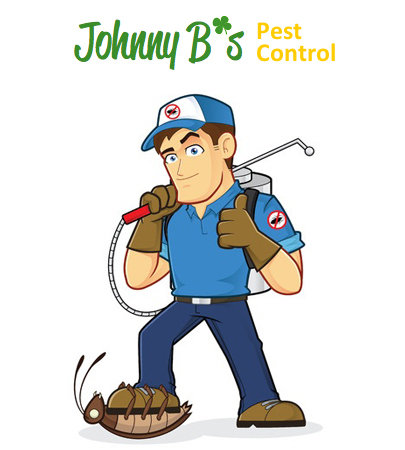Wasps are one of the most feared types of insects for good reason, as they are among the few insect groups that are capable of killing humans with their repeated stings. Although fatal wasp attack incidents are rare, they are certainly not unheard of within the United States. A study released two years ago in the scientific publication Wilderness and Environmental Medicine revealed that 220,000 people per year in the US are brought into the emergency room in order to be treated for wasp and bee stings. The majority of these emergency room victims suffered medically significant symptoms due to having an allergy to hymenoptera (bees, wasps, ants) venom, and this was the case for the nearly 60 sting victim who died from wasp and bee attacks out of the 220,000.
Wasp deaths outnumber bee deaths due to wasps having the ability to inflict multiple stings without severing their stinger. Wasps are generally more aggressive than bees, and hornets, which account for many fatal attacks, are technically wasps. Massachusetts is home to several wasp species, some of which are dangerous while others are not. One wasp species that is commonly spotted by Massachusetts residents is the “cicada-killer wasp”. This wasp is often assumed to be dangerous due to its likeness to European wasps and yellowjackets, but these wasps are not apt to sting unless they are disturbed. However, these wasps can still cause problems for residents due to their habit of burrowing into neighborhood lawns. The burrows these wasps build not only cause clear damage to well-manicured lawns, but their presence in backyards can make it dangerous for outdoor activities, such as children playing and cookouts. The wasps have been known to become disturbed and sting residents while they mow their lawns or indulge in other forms of landscape work. Cicada-killer nesting burrows contain eggs, which later hatch and establish larger egg populations the next season. It is for this reason that cicada-killer wasps can be difficult to eradicate from a property without professional service.
Have you ever sustained a sting from a ground-wasp?

